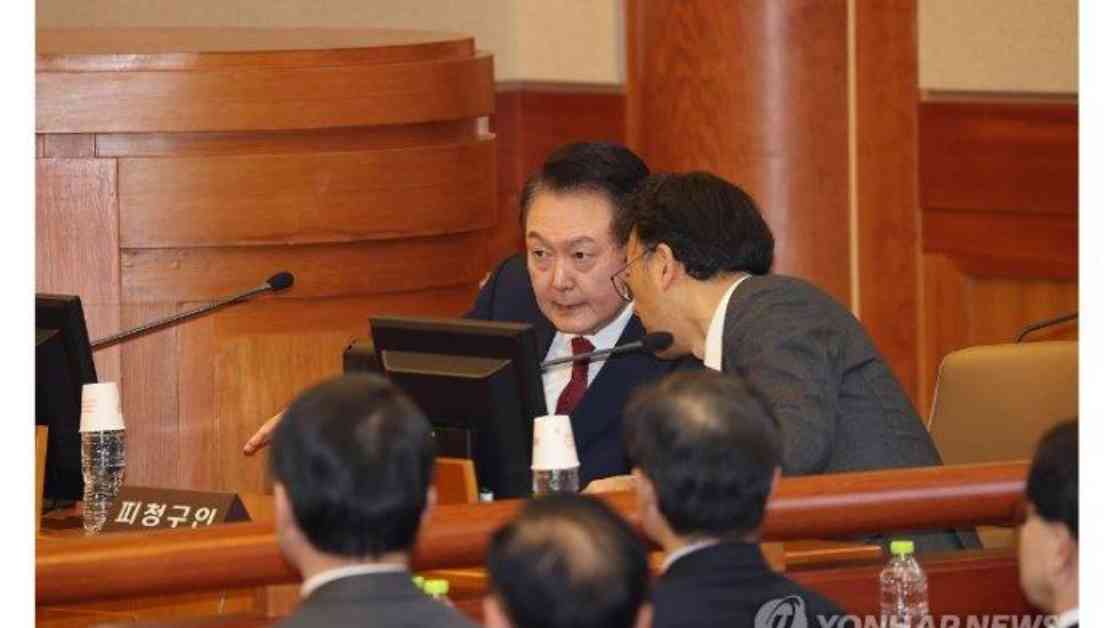Former South Korean President Yoon Suk Yeol was officially detained by the South Korean Police on Friday, February 21, 2025. This detention came as a result of a legal decision finding Yoon guilty of obstructing the execution of his arrest warrant last month.
The case involving the detention of Yoon Suk Yeol has raised numerous questions about the background of the situation and the potential impact it may have. Let’s delve deeper into the circumstances surrounding this high-profile arrest and what lies ahead for the former president.
### What Led to the Detention of Yoon Suk Yeol?
Yoon Suk Yeol was found guilty after evidence showed that he had instructed the Presidential Security Service (PSS) to obstruct investigators’ efforts to arrest him. According to reports from the Korean Herald, Yoon sent these instructions to the Deputy Head of PSS, Kim Seong-hoon, via the messaging app Signal on January 3, 2025, when investigators attempted to apprehend him at his residence.
On January 7, Yoon reiterated the same instructions to hinder a second attempt to arrest him. These actions created challenges for investigators and the police, as they had to contend with the Presidential Security Service’s efforts to prevent Yoon’s arrest. This led to unrest, with individuals engaging in a scuffle that resulted in one person being injured.
### The Timeline of Yoon’s Arrest
Yoon Suk Yeol was arrested on charges of rebellion, stemming from the declaration of martial law he issued. Despite the lifting of martial law, Yoon faced multiple investigations, including by the High Commission for Corruption Investigation and the Prosecution of South Korea.
In his address, Yoon claimed that these efforts were part of an opposition attack aimed at overthrowing his government. However, the reasons behind the decision to impose martial law were linked to budget disputes and actions between Yoon and the opposition-dominated parliament.
The South Korean National Assembly deemed Yoon’s declaration illegal and unconstitutional, prompting six opposition parties to submit impeachment bills.
The detention of Yoon Suk Yeol marks a significant development in South Korean politics, with implications for the country’s democratic institutions and rule of law. As the legal proceedings unfold, the public will be closely watching to see how this case progresses and what it means for the future of the nation.














